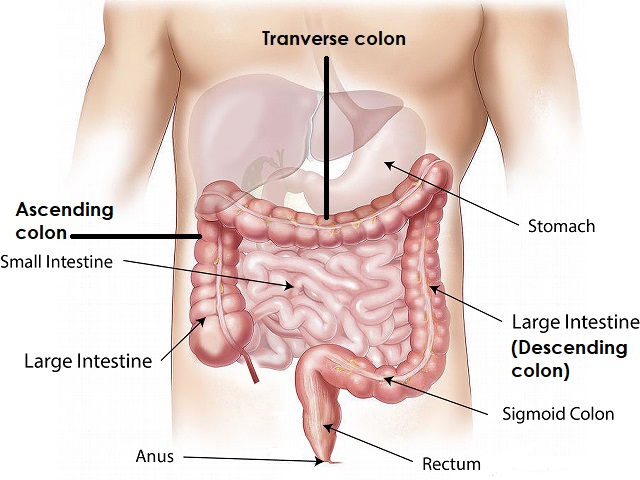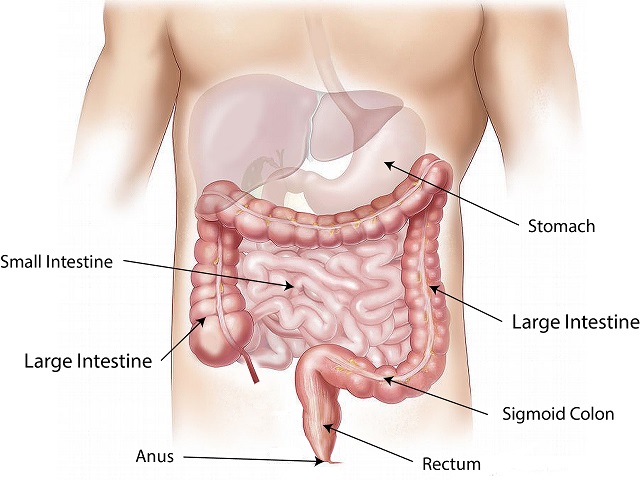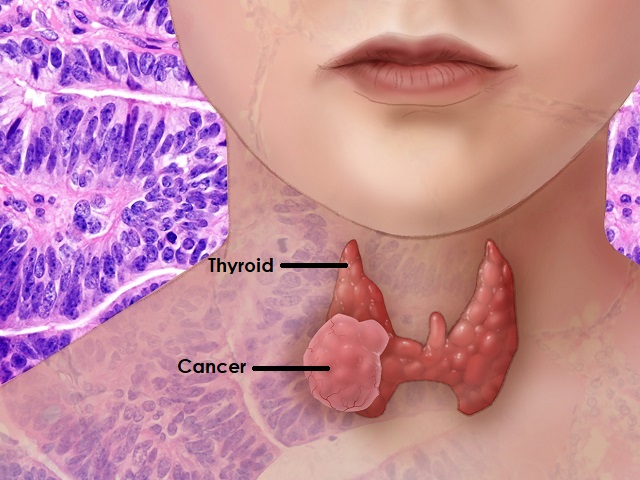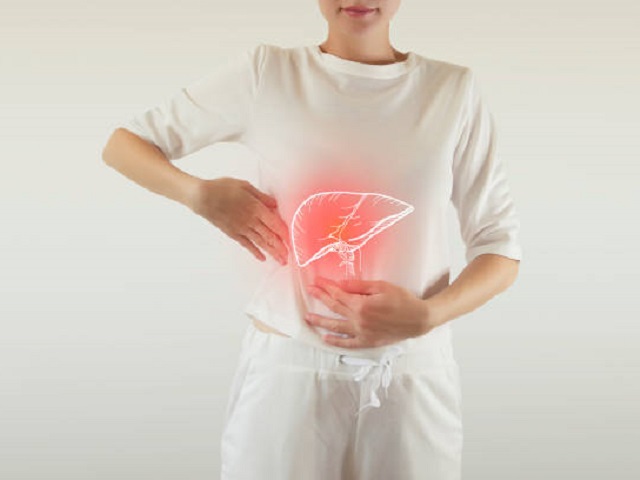6 Signs You May Have Vulvar Cancer -- Symptoms, Causes, Effects, Treatment and Prevention
Vulvar cancer refers to the development of malignant cells in the tissues of the vulva, which is the external female genital area. It primarily affects the labia majora, labia minora, clitoris, and the opening of the vagina. Vulvar cancer is a relatively rare type of cancer that typically occurs in older women. Early detection and prompt treatment are crucial for favorable outcomes.
Symptoms of Vulvar Cancer:
The symptoms of vulvar cancer may vary but can include:
- Persistent itching, pain, or tenderness in the vulva
- Skin changes, such as thickening, discoloration, or the formation of a lump or ulcer
- Bleeding that is not related to menstruation
- Abnormal discharge
- Changes in the shape or size of the vulva
- Enlarged lymph nodes in the groin area
Diagnosis of Vulvar Cancer:
To diagnose vulvar cancer, various tests and procedures are used, including:
- Physical examination: A thorough examination of the vulva and nearby lymph nodes is conducted.
- Biopsy: A tissue sample is taken from the suspicious area for laboratory analysis to confirm the presence of cancerous cells.
- Imaging tests: Imaging techniques like ultrasound, MRI, or CT scan may be used to determine the extent of the disease and evaluate lymph nodes involvement.
- Sentinel lymph node biopsy: A procedure to determine if cancer has spread to the nearby lymph nodes.
Causes of Vulvar Cancer:
The exact cause of vulvar cancer is unclear, but several factors may contribute to its development, including:
- Human papillomavirus (HPV) infection, particularly certain high-risk types
- Age, with the risk increasing with age
- Smoking
- Immunodeficiency
- Chronic vulvar inflammation or irritation
- History of precancerous vulvar conditions
Effects of Vulvar Cancer:
Vulvar cancer can have physical, emotional, and psychological effects on affected individuals. The specific effects may vary depending on the stage and treatment of the cancer. Possible effects can include:
- Disruption of sexual function and intimacy
- Psychological distress, including anxiety and depression
- Impact on body image and self-esteem
- Potential for recurrence or spread to nearby or distant organs
Treatment of Vulvar Cancer:
Treatment for vulvar cancer depends on the stage, location, and individual factors. Common treatment options may include:
- Surgery: Surgical removal of the cancerous tissue, such as wide local excision, vulvectomy, or lymph node dissection.
- Radiation therapy: High-energy radiation is used to kill cancer cells and shrink tumors.
- Chemotherapy: Medications are administered to destroy cancer cells or inhibit their growth.
- Targeted therapy: Drugs specifically target certain molecular abnormalities in cancer cells.
- Immunotherapy: Stimulates the body's immune system to recognize and attack cancer cells.
Prevention of Vulvar Cancer:
While the prevention of vulvar cancer is not guaranteed, some strategies that may help reduce the risk include:
- HPV vaccination: Getting vaccinated against the high-risk HPV types associated with vulvar cancer.
- Safe sexual practices: Practicing safe sex and using barrier methods to reduce the risk of HPV and other sexually transmitted infections.
- Regular screenings: Undergoing routine gynecological examinations, including Pap smears and HPV testing.
- Healthy lifestyle: Maintaining a healthy lifestyle, including not smoking, maintaining a healthy weight, and practicing good hygiene.
Note: It is important to consult with a healthcare professional for an accurate diagnosis, personalized treatment plan, and guidance on prevention strategies.
References:
American Cancer Society. (2022). Vulvar Cancer. Retrieved from https://www.cancer.org/cancer/vulvar-cancer.html
National Cancer Institute. (2021). Vulvar Cancer Treatment (PDQ) - Health Professional Version. Retrieved from https://www.cancer.gov/types/vulvar/hp/vulvar-treatment-pdq
Cancer Research UK. (2021). Vulval Cancer. Retrieved from https://www.cancerresearchuk.org/about-cancer/vulval-cancer


















